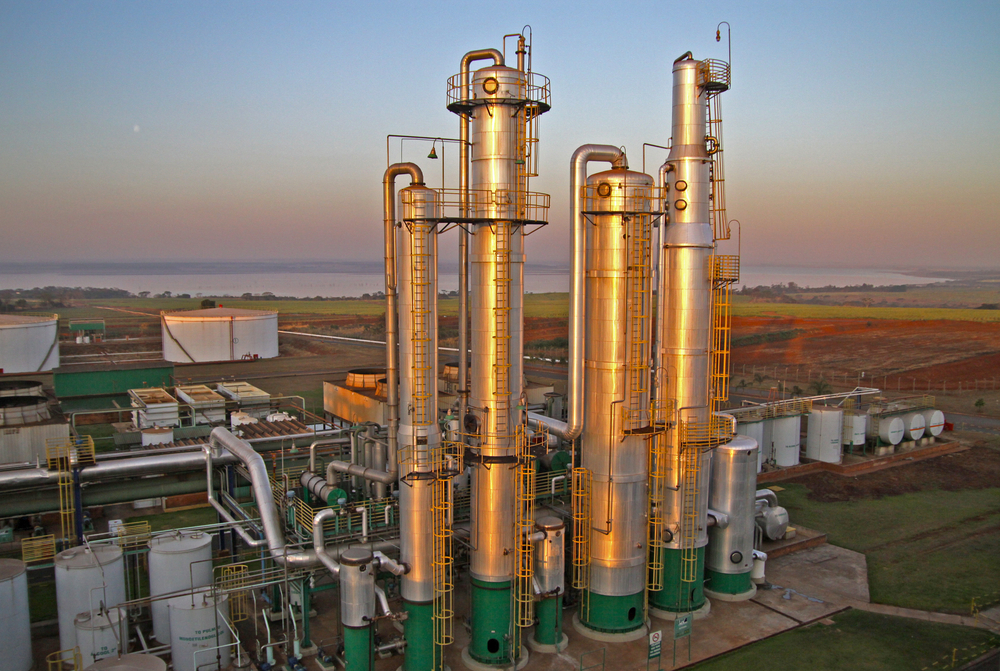The past few weeks have been disruptive for the energy sector in Brazil. One of the country’s most strategic has been rocked by a series of events, including the announcement of a new plan to promote a sharp drop in gas prices, Petrobras’ discoveries of major oil and gas reserves in Sergipe, and the privatization of BR Distribuidora—Brazil’s largest fuel distributor—the first in what is expected to be a series of divestments.
The measures are part of Economy Minister Paulo Guedes’ plan to make Brazil more competitive by way of what he calls a “shock of cheap energy,” which he believes will benefit industries—notably segments such as ceramics. The idea is to provide better conditions for investments and thus create a more sustainable growth cycle, instead of going all-in on consumption as a solution to spur growth—the go-to strategy of previous administrations.
The task is ambitious. His goal is to break Petrobras’ monopoly across the entire energy sector and boost competition in a bid to lower gas and fuel prices. For oil derivatives, such as gasoline, this will be done by loosening Petrobras’ control on refining and reducing its share in distribution chains—a step that was kickstarted by the privatization of BR Distribuidora. For the gas sector, the government’s New Gas Market program is based on additional production, changes in regulation and further investments in infrastructure that are expected to slash prices by 40 percent over the next two years.
“We believe the impact of re-industrialization may reach 8 percent of the GDP in 10 years (…) We’re working to re-industrialize the Brazilian economy through cheap energy,” said Mr. Guedes, upon launching the program.
Undoubtedly, the potential is enormous for the entire energy generation and consumption chain in Brazil. But experts consulted by The Brazilian Report point out that, while the rewards are great, the journey to reach them won’t be easy or fast.
Rome wasn’t built in a day
The speed of a process is always determined by its slowest step. In the case of the New Gas Market program, the weak link is construction. This phase of the plan will be tackled on two fronts: increasing pipeline networks and...


 Search
Search






































